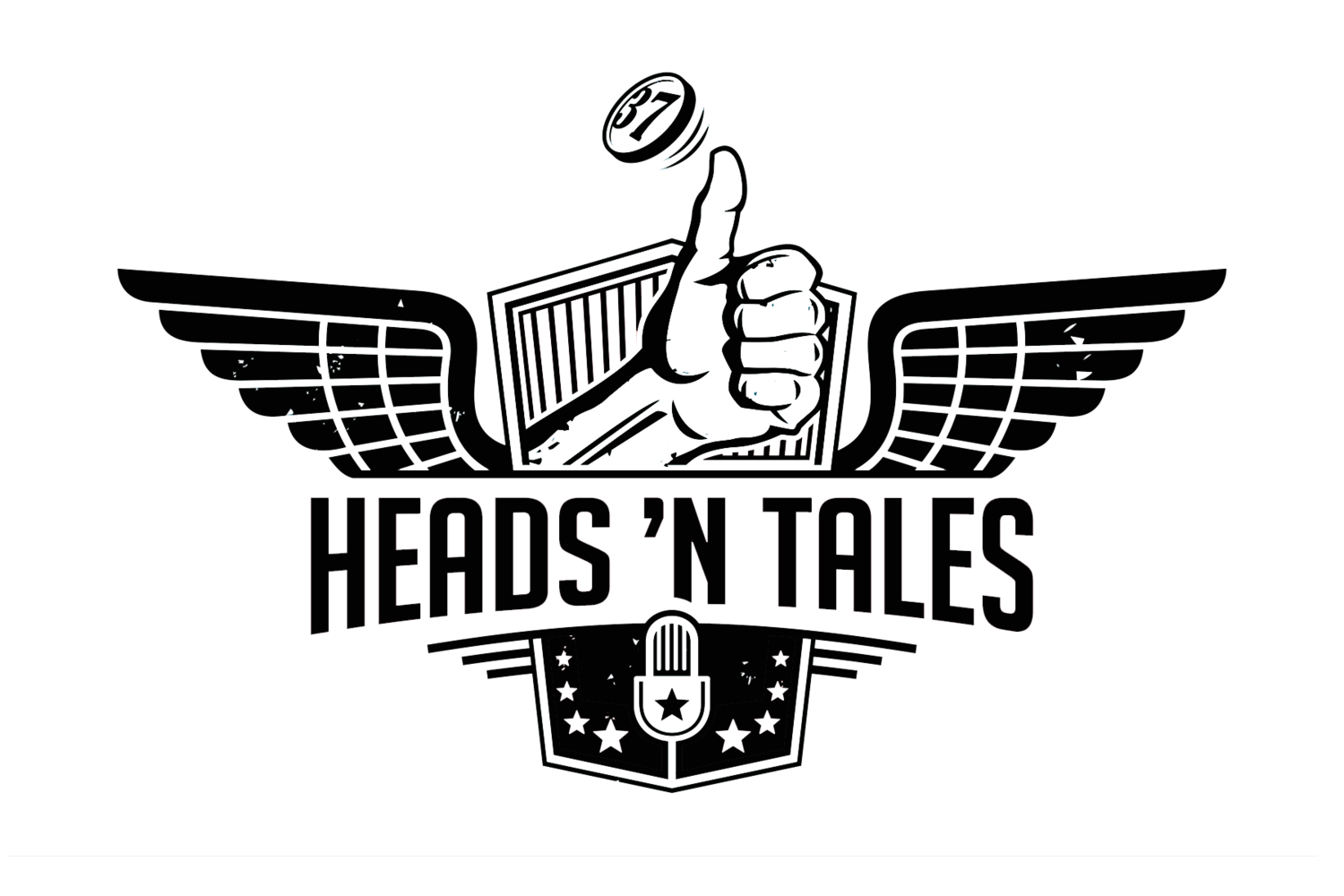Sport Specialization & The Wisconsin Injury in Sport Lab w/ Dr. David Bell, Ph.D., ATC
Dr. David Bell is an Associate Professor in the Departments of Kinesiology and Orthopedics and Rehabilitation at the University of Wisconsin – Madison. Dr. Bell earned his B.A. and PhD from the University of North Carolina at Chapel Hill and his Master’s Degree from the University of Virginia. He teaches in the Athletic Training Program and serves as the director of the Wisconsin Injury in Sport Laboratory. His research is focused on identifying risk factors for knee injury including neuromuscular asymmetries and sport specialization. Additionally, he is focused on improving outcomes after knee surgery including refining rehabilitation strategies, return to activity guidelines, and risk factors for second ACL injuries.
He has athletic training clinical experience at the Division I and II levels as well as high school clinic outreach. He has over 35 peer-reviewed publications and 85 abstract presentations. His work has been funded by the National Athletic Trainer’s Association, the American Medical Society of Sports Medicine, and the American College of Sports Medicine. He was named the 2017 New Investigator of the Year for the National Athletic Trainers’ Association Research and Education Foundation. His research was awarded the 2017 STOP Sports Injuries Award for best research paper on youth sports injury prevention at the American Orthopaedic Society for Sports Medicine Annual Meeting.
In episode 139, the focus of our conversation surrounds the concept of sport specialization in youth athletics and the research aiming to prevent the very injuries we talk about week in and week out. Below, you will find a list of talking points Dr. Bell and I touch on throughout this interview.
Sports specialization prevalence peaks around age 14 or 15, 30% of 12 year olds are highly specialized.
What defines sports specialization and why it doesn’t just pertain to single sport athletes.
The Sport Specialization Scale (for each yes you get a point).
Do you train or participate in your primary sports more than 8 months a year?
Can you identify a primary sport?
Have you every quit sports to focus on a single sport? Do you only play one sport?
3 = Highly Specialized, 2 = moderate, 1 = low
How Dr. Bell got into the Athletic Training profession and research specifically.
Background on Wisconsin Sports Injury Prevention Lab and it’s collaboration with the Badger Athletic Performance Lab.
Keeping the levels of risk in sport in perspective.
Findings from Dr. Bell’s research on sports specialization
School size affects prevalence of sports specialization.
The affect of club sports on sports specialization.
The socio-economic status’s influence on sports specialization.
“Parents are the number one reason kids choose a specific sport.”
Physical red flags of sports specialization.
Recommendations:
Kids don’t train or participate in a specifics sport for more than 8 months a year.
Avoid training or participating more than the athletes age in hours per week.
Two rest days per week.
Avoid simultaneous participation – same or different sports.
80% of parents don’t know these recommendations exist.
“Previous injury predicts future risk.”
Why the 10,000 hour rule doesn’t apply to youth sports.
Early developers vs. late developers.
The odds on getting a return on your investment in your child’s sports participation via a college scholarship.
Discussion on one of Dr. Bell’s studies which found that concussions can lead to lower extremity injury - 2.5 x more likely.
Correlation vs. Causation
Why you should check your club coaches emergency preparedness certifications.



